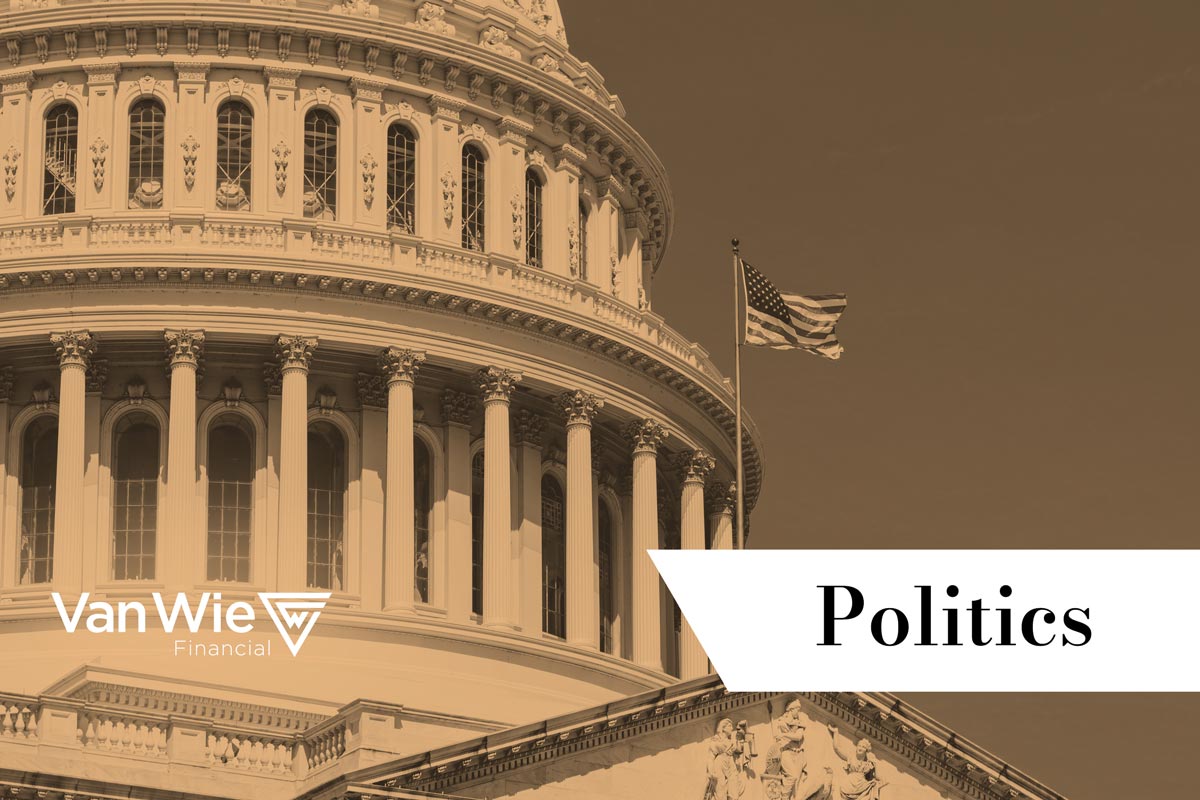Decades ago, and repeated periodically, increases in gasoline prices elicited demonstrations of our political and public lack of economic understanding. Over and over, “Big Oil” took a very public whipping from politicians and “progressives.” Remember Hillary Clinton in the 2007 Senate saying, “I want to TAKE those [oil company] profits?” Shameful rants by politicians filled the evening news and local papers for weeks. Halliburton moved to Dubai to escape disparagement (and taxes) at home.
Since oil companies were getting so much negative press, I started asking the question, “Who owns ExxonMobil?” Are its owners responsible for perceived problems brought on by “Big Oil?” Many people assume that ExxonMobil is owned by evil executives and fat cat mega-shareholders. In fact, however, only 0.07% of ExxonMobil is owned by employees and executives. 59.65% of XOM is owned by 3,799 institutions and pension plans. The balance of shares are held in retirement accounts and in the hands of individual investors, otherwise not affiliated with company management.
In response to the ownership question, many were surprised to find that they and/or their parents, neighbors, teachers, firefighters, police officers, bus drivers, soldiers, sailors, Marines, and so on, were the owners (stockholders) of ExxonMobil. Nearly everyone with a pension, an IRA containing mutual funds, a 401(k), or any similar investment account, is an owner of ExxonMobil, which is among the most widely held stocks in the world. Steady dividends received from that ownership help pay the pensions for retired people all over the world. Growth in the company, and therefore in stock price, spurs rising account balances and wealth accumulation. This allows an increasing number of people to retire comfortably.
If Congress does not extend the corporate tax rate cut passed in 2017 under the Tax Cuts and Jobs Act (TCJA) of 2017, ExxonMobil and other large corporations will be subjected to a substantial tax increase in 2026. Since dividends are paid to shareholders from after-tax profits, companies will have no choice but to cut future dividends. As a result, individuals, institutions, pensions, etc., all will perform less well, and the “victims” will be various groups and individual shareholders.
Capitalism has long been the object of derision among many Americans, and even more so in foreign countries. An unbiased look into the entire impact of ExxonMobil and other major corporations uncovers the “inconvenient truth” that we are all beneficiaries of a better lifestyle that they help to produce.
Far too many Americans harbor a distorted view of our capitalistic economic system and the modern energy production techniques that underly our success. Without improved understanding, America’s future is in jeopardy.
Van Wie Financial is fee-only. For a reason.



